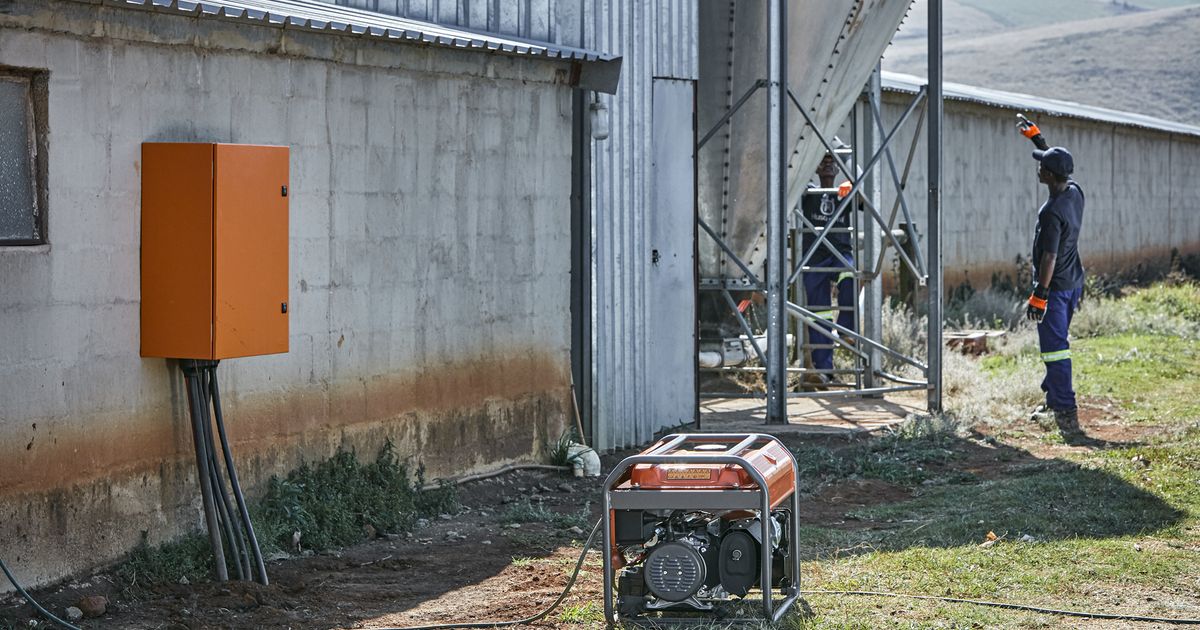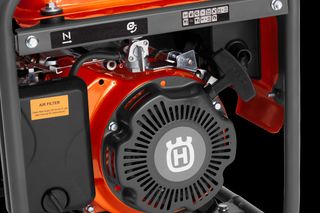Load-shedding Solutions: What to look for in Generators

Load shedding is back and probably here to stay for a long while.
A lot of us have found ways to prepare and combat this era of darkness. Some of the main methods of doing this in the most efficient ways are through using petrol-powered electricity generators. Although the price of fuel is at an all-time high and doesn’t seem to be peaking anytime soon, it does seem as though currently, petrol is more accessible and more reliable than Eskom’s electricity service.
Today, we get to break down the basics to look for and things to know when attempting to purchase your first petrol-powered electricity generator.

Generators work by moving electrical conductors through a magnetic field. Without magnets, generators won’t produce electricity. This magnetic field is created by taking some of the generator output voltage, converting it to DC, and feeding it to a coil to make an electromagnet.
A typical South African electricity generator relies on diesel or petrol to fuel its functionality.
Size and Load Capacity
Knowing what size of generator you need for your home, requires you to consider the size of your family as well as the common and essential electrical appliances which you most need during a power outage. Going through load-shedding may be an ordinary South African experience, but it doesn’t have to be at the expense of getting your work done or feeding your family.
Working out How Much Generator You Need
Here is a typical list of appliances in the average household, as well as the power that they consume.
| Appliance: | Power Rating (Watts): |
| Kettle | 1750 |
| Microwave | 1445 |
| Washing Machine (cold water) | 767 |
| Toaster | 1220 |
| TV | 105 |
| Fridge | 171 |
| Geyser (150l) | 3000 |
| Oil Heater | 2315 |
Once you’ve determined what your power requirements are, we suggest adding 500w-1000w to the figure, just to be safe. Not only does this give you headroom should you get a new piece of equipment, but it also means you can confidently use equipment that has higher start-up requirements, such as angle grinders, without overloading it.
Build Quality
When buying a petrol generator, you have to consider not only the overall power output of the engine but also the build quality. If you’ll be using it regularly, and especially if you’ll be using it daily for professional work, you need to know that the engine is up to the task of working day in, day out. You’ll always be able to find cheaper engines on the market, but the motto “pay cheap, pay twice” is true in the petrol generator market. We’ve heard countless horror stories from customers of engines packing up after a few dozen hours of use – sometimes even less
Available Sockets
The first thing to figure out is, how many do you need? If you’ll be using your generator only during those load-shedding nights and for casual DIY jobs, one might be enough for you. If you’ll be doing more demanding work on-site or in a commercial setting, then you’ll probably always require more than a piece of equipment plugged in at all times.


Comments
Add comment